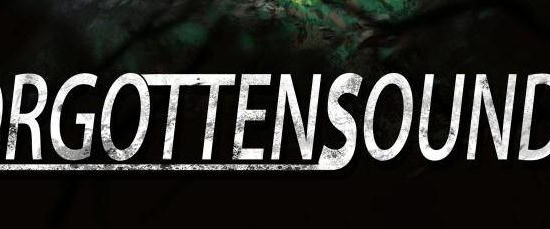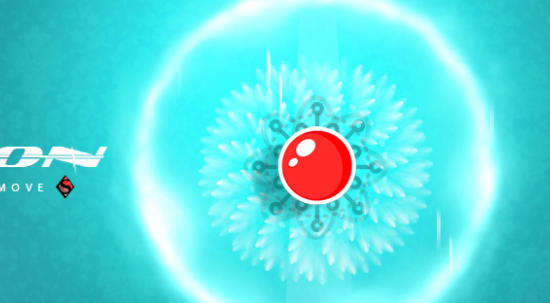
Interviewee: Dr. Celia Hodent
Interviewer: Reihaneh Hooshmand
Section 1: Who is Celia Hodent?
1) Introduction
Celia Hodent, I'm a game user experience (UX) strategist, former Director of UX at Epic Games (Fortnite), today working in freelance (consultant). I have a PhD. in Psychology from the University of Paris-Sorbonne but I've been working in the video game industry for over 10 years. I'm the author of «The Gamer’s Brain: How Neuroscience and UX Can Impact Video Game Design».
2) What is your research background and what are the main issues that you are currently investigating?
During my PhD my research was about the development of the concept of number in toddlers. After I started working in the game industry, I did a little bit of UX research (at Ubisoft, LucasArts, and Epic Games) to understand how players experience video games, so we could improve those games while in development.
3) What are your future research intentions?
I am no longer a researcher. My current and future interests are around unconscious biases and how these get in the way of behavior for the greater good (e.g. recycling), equity (e.g. inclusion in the workplace), and democracy (e.g. dark patterns or fake news swaying people's opinions). My interest is about taking the lessons of user experience to not only create better experiences for players, but also to create better environments for citizens.
Section 2: Achievements
1) Could you please describe your recent achievements in this area?
My greatest and most recent achievement in UX is Fortnite :)
2) How do you think the latest findings can help in future studies?
By understanding how humans reason and function in groups, which we can see in multiplayer games for example, we could understand better how to redesign social environments, such as social platforms (e.g. Twitter, Facebook), or even societies for the greater good. For example, game theory teaches us how humans apprehend trust (e.g. with the Ultimatum Game or the Prisoner's Dilemma), and humans need to trust a system to follow its rules.
Section 3: Neuroscience and video games
1) To what extent do you think digital games can change our brain and behavior?
To the same extent that any activity can change the brain. Video games are not changing brains particularly differently as far as I know. They however allow to adopt different perspectives and experiment with elements in a way that is not possible in real life with physical objects (e.g. manipulating space perspectives in the game Portal).
2) What are the most significant impacts of digital games on our brain?
Digital games can be very engaging and motivating, which in turn can help for educational purposes.
3) Based on your opinion, what kind of digital games have been specifically designed to enhance cognitive function?
Not many according to research. We do know that certain action games can improve visual selective attention. It seems that games like Tetris can improve mental rotation. However, video games seem to help players manipulate complicated concepts more easily (e.g. Minecraft education) but it's not clear so far if they are more powerful than other teaching methods (beyond its engaging aspect).
4) There seems to be a serious need to combine neuroscience studies with video games. Do you agree or disagree with this statement? (Why/Why not)
I disagree that neuroscience is useful to the game industry, because it's currently very costly and the benefits are not very clear. Neuroscience mostly useful for health games. However, I do agree that cognitive science -- the science exploring mental processes -- it very important to game development, in order to provide a great experience to players, which is what I'm explain in my book The Gamer's Brain.
5) How do you anticipate the future of neuroscience studies in the digital gaming industry?
It's hard to tell. It's probably going to be more useful with wearable devices (e.g. Apple watch) or with VR, since these devices might be more relevant for the use of biometrics (heart rate, eye-tracking, etc).




